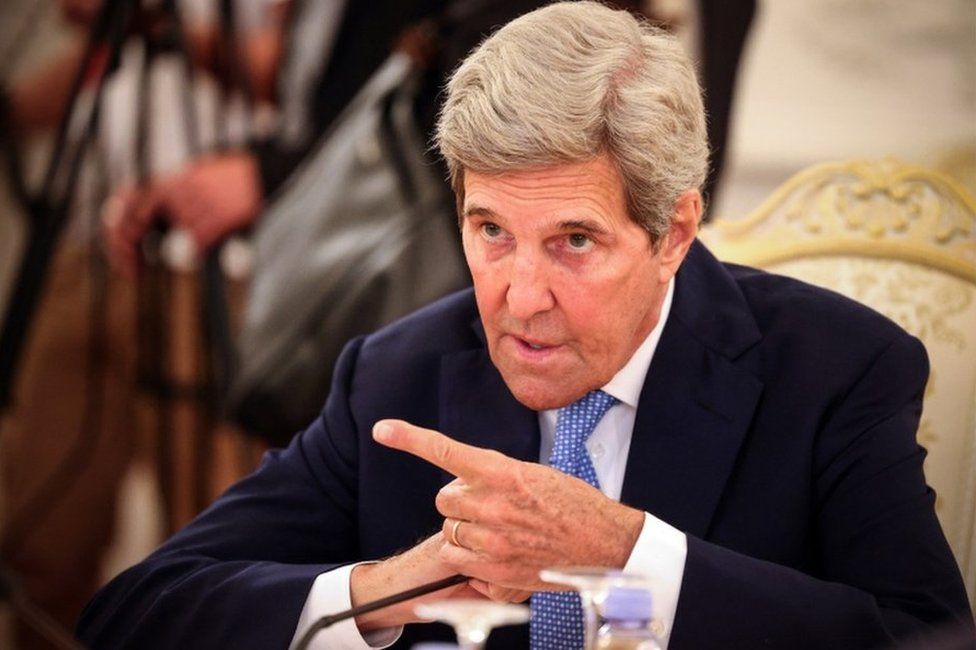“In little more than 100 days we can save the next 100 years” claimed US climate envoy John Kerry referring to the key COP26 gathering in November. It seems like our fight against climate change has just started shaping up. Nevertheless, numerous countries involved in the G20 have been showing adherence by committing to the predetermined goals. According to Bloomberg’s Climate Policy Factbook, G20 nations collectively cut fossil fuel funding by 10% from 2015 to 2019.
It can be definitely claimed that this is a battle worth fighting for. According to Kerry, every major economy must now commit to meaningful reductions by 2030. At the Paris climate agreement in 2015, when looking ahead in the future, studies affirmed that the world’s temperature would increase by 2.5-3C. Some of the dramatic consequences have been recently occurring with heatwaves in the US and Canada, flooding in Europe. “To contemplate doubling that is to invite catastrophe” John Kerry says.
In the attempt to respect the goals agreed in 2015, China has been under the spotlight for being accused of staying behind. Indeed, Mr. Kerry has paid particular attention to China’s efforts highlighting that the country represents the largest driver of climate change. He warned that “If China sticks with its current plant and does not peak its emissions until 2030, then the entire rest of the world must go to zero by 2040 or even 2035”. Moreover, it appears evident that without sufficient reductions of CO2 by China it is impossible to reach the Paris agreement goals. The country’s partnership on the issue is an essential part that constitutes the World’s faith.
Along with China’s incapability to contain carbon emissions, new research shows that G20 countries are continuing to support fossil fuels in ways that are incompatible with the goals of the Paris agreement. Countries like the US, Canada and Australia have increased their financial support for oil, coal and gas in this period. Therefore, the former Secretary of State is pushing and suggesting that all major economies need to “step up, with more ambitious targets and plans for the next decade” (BBC News, 2021).









Show Comments